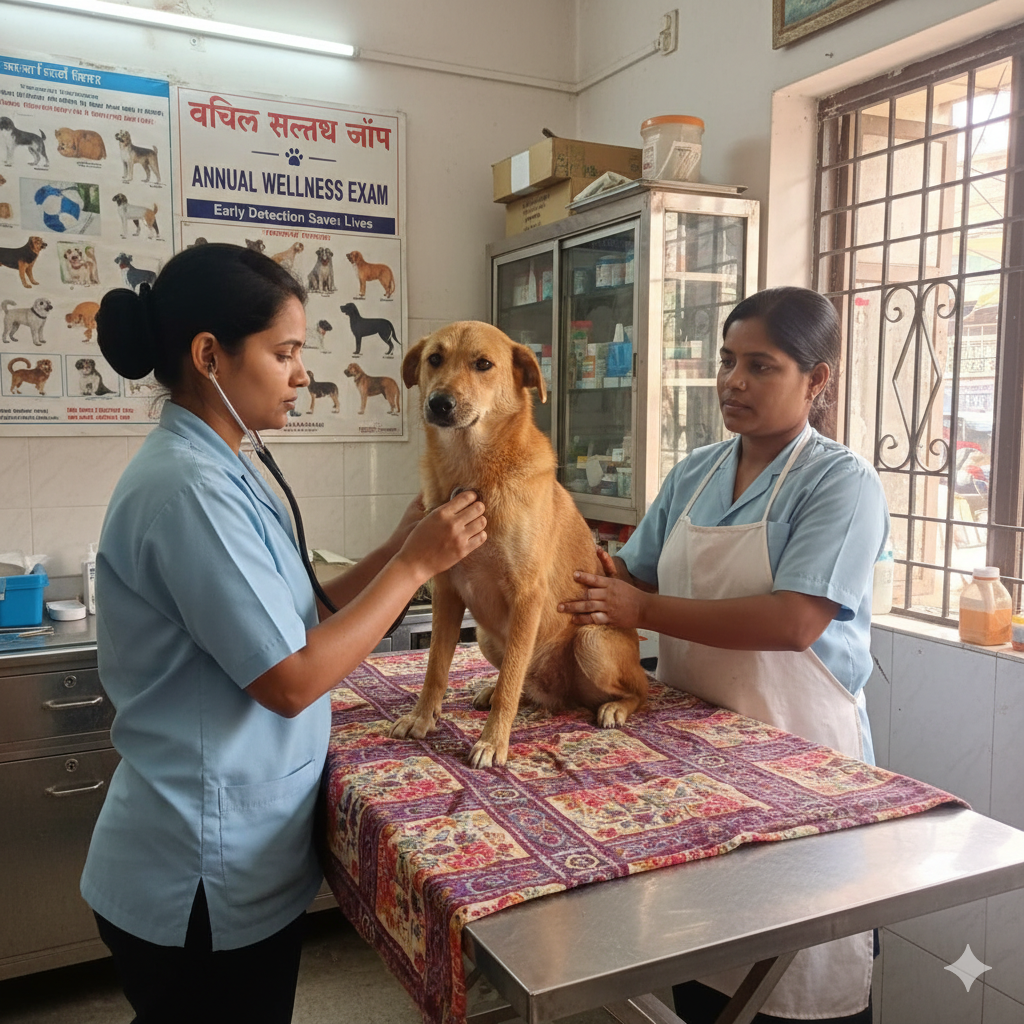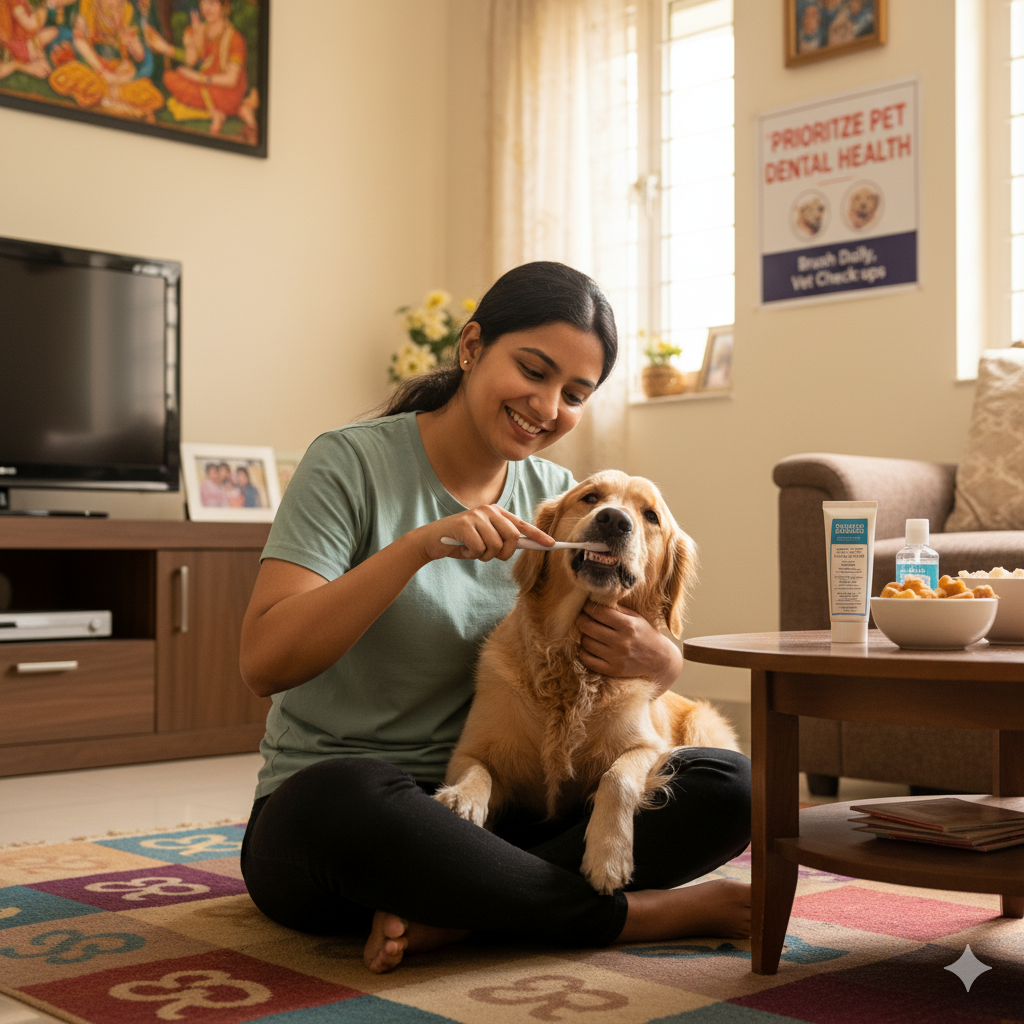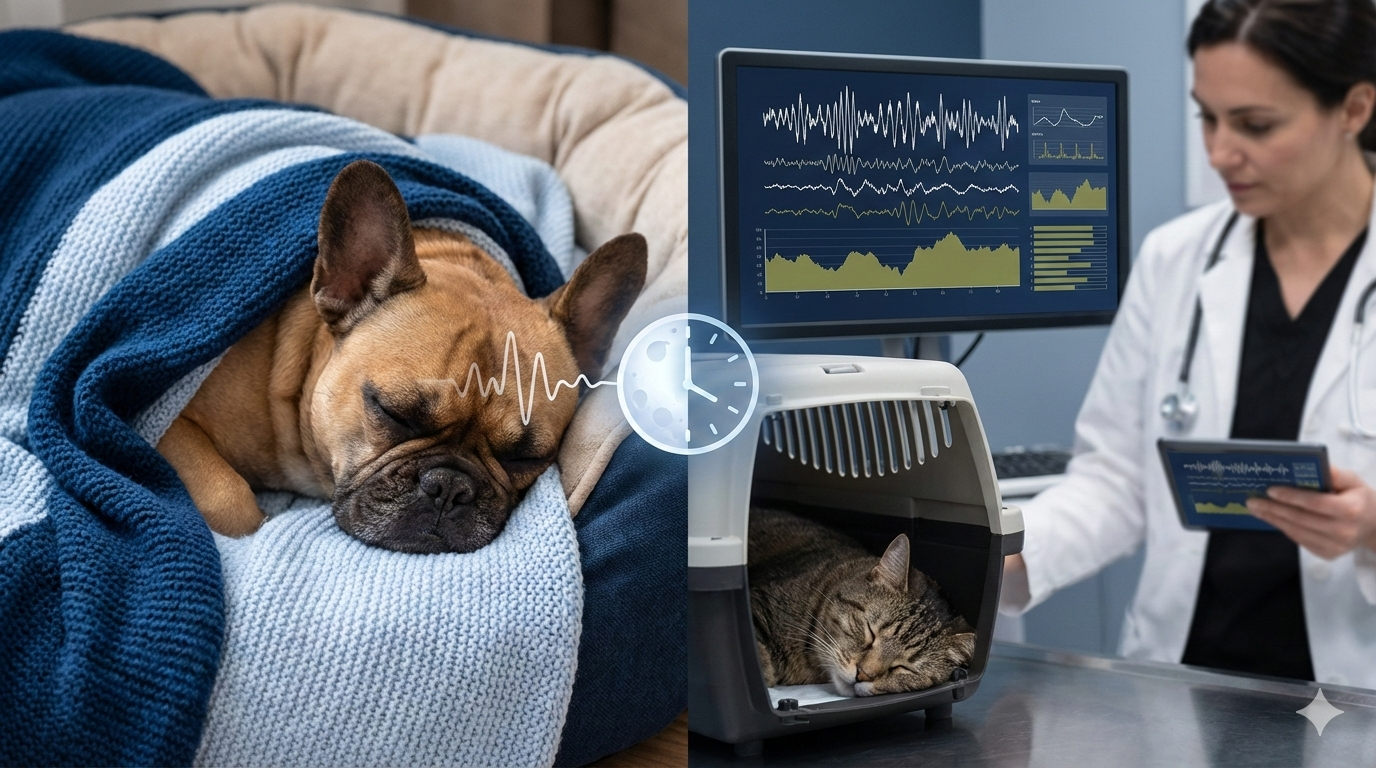October is officially National Pet Wellness Month, and it's the perfect time to shift your focus from treating illnesses to preventing them. Our pets are masters at hiding discomfort, making preventative care the single most important action you can take to ensure they live a long, happy, and healthy life.
Think of pet wellness not just as medical care, but as a integrated approach to your furry friend's entire well-being. By focusing on these five key pillars, you can proactively manage their health and catch potential issues before they become serious problems.
The Annual (or Bi-Annual) Wellness Exam

Pets age much faster than humans—a year for us can be several years for them! This makes the routine veterinary visit the foundation of preventative care.
What happens during a wellness exam?
It’s more than just a shot appointment. Your veterinarian performs a full physical check, including listening to the heart and lungs, palpating the abdomen, checking joints, and assessing the skin and coat. This is when subtle changes—a slight heart murmur, a small lump, or minor weight gain—can be caught early. For senior pets (typically ages seven and up), twice-yearly check-ups are essential. Early detection truly saves lives and money in the long run.
Prioritize Dental Health

Dental disease is one of the most common—and most overlooked—health problems in pets. By age three, most dogs and cats show signs of periodontal disease. Beyond bad breath, bacteria from infected gums can travel through the bloodstream and impact vital organs like the heart, liver, and kidneys.
Make a difference at home: Commit to brushing their teeth at least a few times a week using veterinary-approved toothpaste. Look for dental chews or water additives recommended by your vet to complement a professional cleaning schedule.
Maintain a Healthy Weight

Obesity is a silent epidemic among pets today, significantly reducing their lifespan and quality of life. Extra weight puts stress on joints, increasing the risk of arthritis, and makes them prone to serious conditions like diabetes and heart disease.
Simple steps for success:
- Portion Control: Measure your pet's food according to their ideal weight, not their current weight. Consult your vet to determine the right caloric intake.
- Healthy Snacks: Swap high-fat commercial treats for healthy alternatives like baby carrots, green beans, or small pieces of apple (core and seeds removed).
- Avoid Table Scraps: Human food is often too high in fat, salt, and sugar for pets.
Consistent Parasite Prevention
Fleas, ticks, and heartworm are more than just a nuisance; they carry diseases that can be life-threatening to your pet and even pose a risk to your human family.
Year-round protection is key. While you might think of parasite prevention as a seasonal concern, most veterinarians recommend continuous, year-round protection. Heartworm, which is transmitted by mosquitoes, is entirely preventable with monthly medication, but extremely costly and difficult to treat once contracted. Talk to your vet about the best tailored prevention plan for your pet's lifestyle and geographical location.
Exercise and Mental Enrichment
Wellness isn't just physical—it's mental too! Regular exercise helps maintain a healthy weight and keeps muscles and joints strong, but structured play and training also provide crucial mental stimulation.
For dogs, this can mean new walking routes, puzzle toys, or learning a new trick. For cats, it might be rotating interactive toys, providing vertical climbing space, or using foraging activities that encourage their hunting instincts. A mentally stimulated pet is a happy, well-behaved pet.
The Commitment to Lifelong Wellness
This October, as we celebrate Pet Wellness Month, let this serve as your personal challenge to be more proactive about your companion's health. Wellness isn't a one-time event; it’s a commitment built on consistent actions: regular vet visits, daily brushing, proper feeding, consistent prevention, and engaging play.
By integrating these Five Pillars into your daily routine, you're not just caring for your pet—you’re deepening your bond and ensuring their life is as vibrant and long as possible. Don't wait for symptoms to appear; take action today. Call your veterinarian to schedule that essential wellness exam, and start building a healthier future for your best friend!








